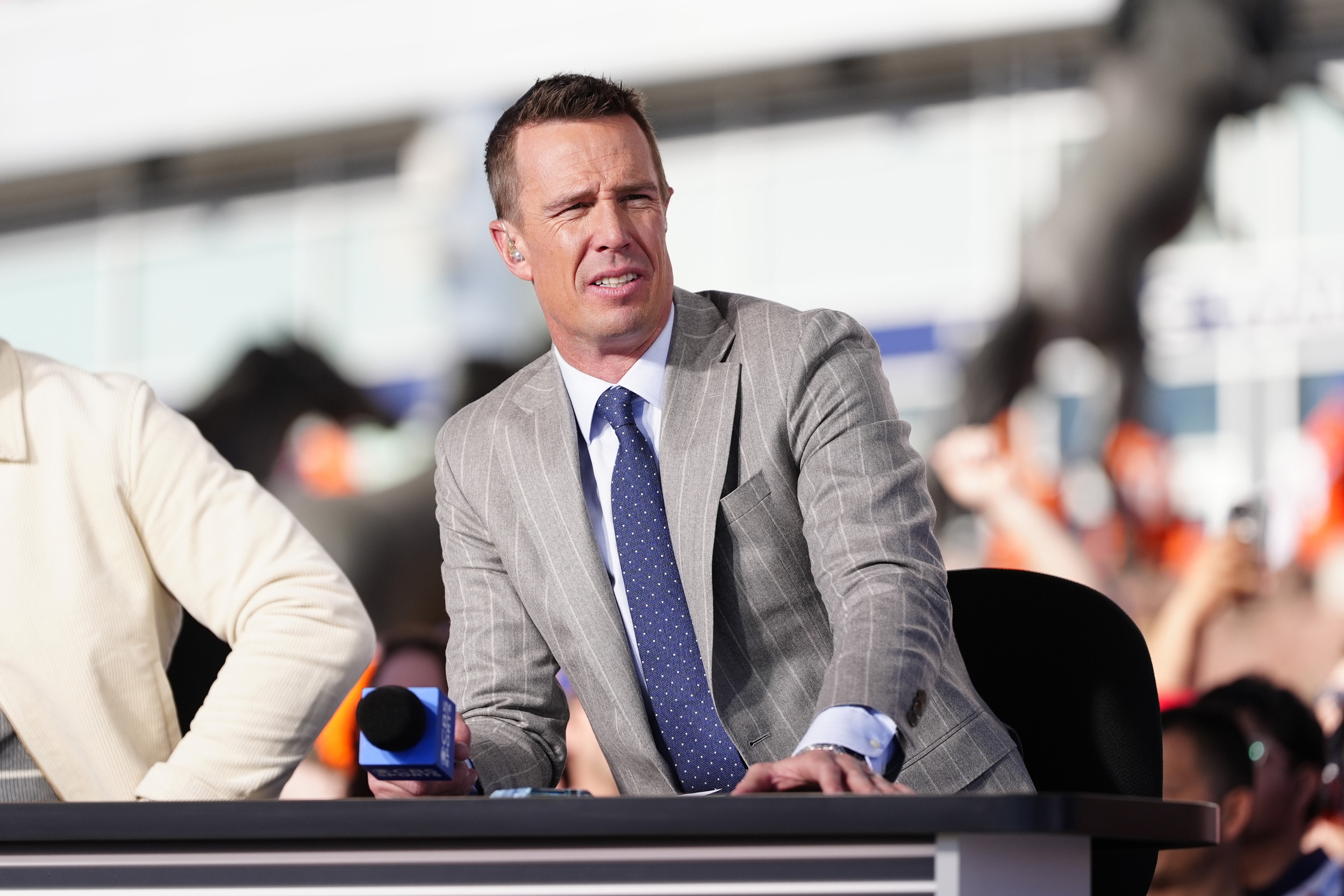This piece was authored primarily by Joshua Winneker, JD and Assistant Professor of Business from Misericordia University.
Names like the “Jills,” “Flight Crew,” “Raiderettes,” and “Ben-Gals,” along with “Sluggerrr,” don’t seem like they would illicit legal actions. If anything, you likely smiled or laughed when you read those names. And rightfully so, you are supposed to smile when you see an NFL Cheerleader and laugh when you watch a professional mascot, but, unfortunately, the cheerleaders and mascots aren’t smiling or laughing these days.
Currently, four NFL teams are being sued by their cheerleaders for employment and labor issues: the Buffalo Bills, New York Jets, Oakland Raiders, and Cincinnati Bengals. All four teams are facing a range of claims with the most common link being an unfair practice in the pay the cheerleaders receive. When compiling the allegations from each lawsuit, the average pay of the cheerleaders is hovering around $2.85 an hour, far below both federal and state minimum wage requirements.
Beyond the pay claims, the cheerleaders also allege they were subjected to an assortment of humiliating and degrading actions. One instance in particular dealt with the Jills, who claimed to be subjected to a “jiggle test,” during which they performed jumping jacks while their bodies were scrutinized. Anybody who failed this arbitrary test could be subjected to warnings, fines, suspensions or formal dismissals. In addition to the “jiggle test,” the Jills further allege they were frequently required to attend unpaid events in nothing but bikinis, serving as a form of “entertainment” for the guests in attendance. There typically was no security for the cheerleaders, and as a result, they were allegedly touched and groped repeatedly.
(Check out hungry eyes in the bottom left corner.)
On the other end of the spectrum is Sluggerrr, the Kansas City Royals mascot in Major League Baseball. Unlike the cheerleaders, Sluggerrr is not suing the team for poor pay or working conditions. In fact, professional mascots make at least $24,000 annually, with the higher end of the pay scale tipping out at six figures — a far cry from the cheerleader’s paltry pay. No, Sluggerrr’s problem involves a lawsuit brought against his employer, the Royals, due to one of Sluggerrr’s in-game antics. Sluggerrr – the fun-loving, crown-wearing lion – was taking part in the Royals tradition (since 2000) of tossing wrapped hot dogs into the stands between innings at Royals home games. On one fateful game day, Sluggerrr threw a behind-the-back toss that hit fan John Coomer in the eye and caused serious injuries. Mr. Coomer’s injuries required multiple surgeries, and he later filed a lawsuit for his damages. Although Mr. Coomer lost at the trial court level, he won on appeal and his case is currently pending before the Missouri Supreme Court. Following the lawsuit, the employee acting as Sluggerrr was fired and a new Sluggerrr was hired and trained by Philadelphia’s famed Philly Phanatic.
Regarding the cheerleader lawsuits, most of the teams have taken a “no comment” stance, and it has likely not gotten much media attention for that reason. But, what started with one lawsuit in Oakland has turned into a potential epidemic with three more teams facing legal action within a four months span. More lawsuits are likely coming, but will change really be effectuated? In the Buffalo Bills case, the response to litigation has been suspending the current Jills operation – which features none of the case’s five plaintiffs.
As for the case against the Royals, mascots have been put on notice – and their employer-teams as well – that their antics could potentially lead to successful lawsuits. Any mascot out interacting in the stands has to be on eggshells waiting to see the result from the Missouri Supreme Court. At the very least, the job security of these individuals is clearly in flux.
So, which is worse? Lower pay and alleged hostile working conditions, or facing a lawsuit that could cause you to lose your job and possibly alter the way mascots interact with fans going forward?
Cheerleader or mascot? It’s probably a push.








